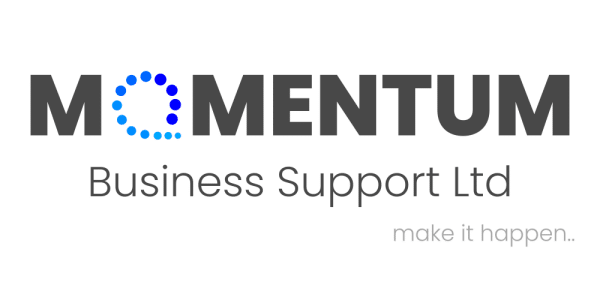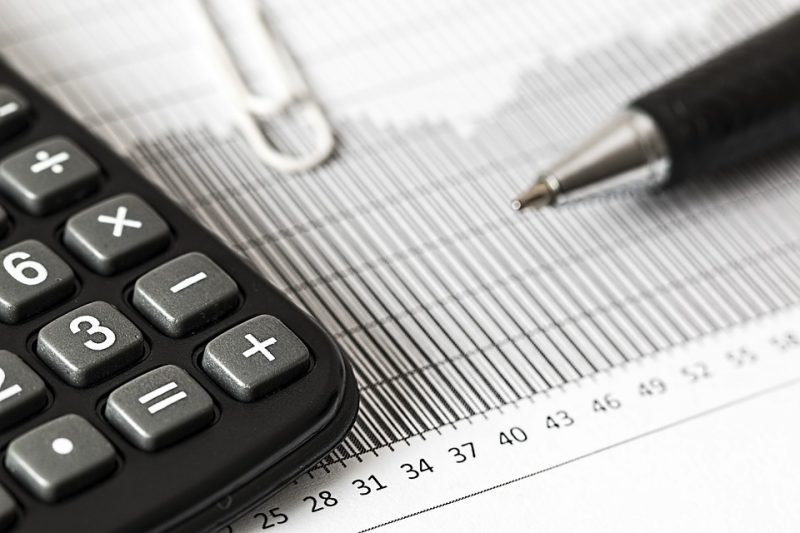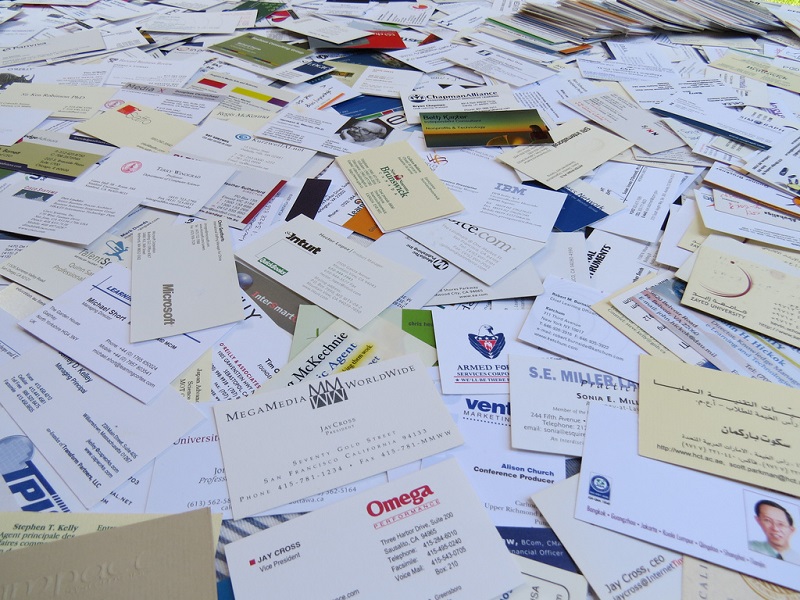7 Actionable Tips for Mastering Project Planning

As a business owner, it’s important to be well-versed in project planning so that you can oversee and manage projects effectively. Good project planning can save you time and money, and can help you stay on track towards achieving your business goals. In this blog post, we will share 7 tips to improve your project planning and increase the chances of your projects being successful.
Have a clear objective
The first step in any successful project is to clearly define the objective. The more specific and measurable the objective, the easier it will be to plan and execute the project. Be sure to involve all relevant stakeholders in defining the objective so that everyone is on the same page
Define deliverables
Once you have a clear objective, it’s important to define the deliverables – the tangible items or results that will be produced during the project. This could include items such as a report, a prototype, or a new product feature. Defining deliverables will help ensure that everyone involved in the project is working towards the same goals and that progress towards project completion can be tracked accurately.
Break the project into manageable tasks
Breaking the project into manageable tasks is essential for keeping the project on track and ensuring that progress is being made. Each task should have a clear deadline and should be assigned to a specific team member. Breaking the project into smaller tasks also makes it easier to identify any potential roadblocks or issues early on..
Build in contingency time
No matter how well you plan a project, unexpected issues can arise and derail your timeline. Building in contingency time for unforeseen challenges can help ensure that the project stays on schedule and isn’t derailed by setbacks. Contingency time should be built into the project plan from the start, and team members should be aware of this time so that they can plan their work accordingly.
Communicate regularly
Regular communication is critical to the success of any project. Stakeholders should be informed of project progress, any issues or challenges, and updates to project timelines. Regular communication can help ensure that everyone works well together and can help identify potential issues before they become bigger problems.
Utilise project management tools
There are a variety of project management tools available that can make project planning and execution more efficient and effective. Consider utilising tools such as Trello, Asana, or Basecamp to help you stay organised and keep all project information in one place.
Review and learn from each project
After each project is complete, take the time to review what worked well and what didn’t. This can help you refine your project planning process and identify areas for improvement, and increase the chances of future project success.
Effective planning is key to the success of any project. By following the 7 tips we’ve outlined in this blog post, you can improve your project planning process and increase the chances of your projects being successful. If you’d like to find out more about project planning or require any other business support, we would love to help! Get in touch:
E: makeithappen@mbsmih.com T: 01903 688789



